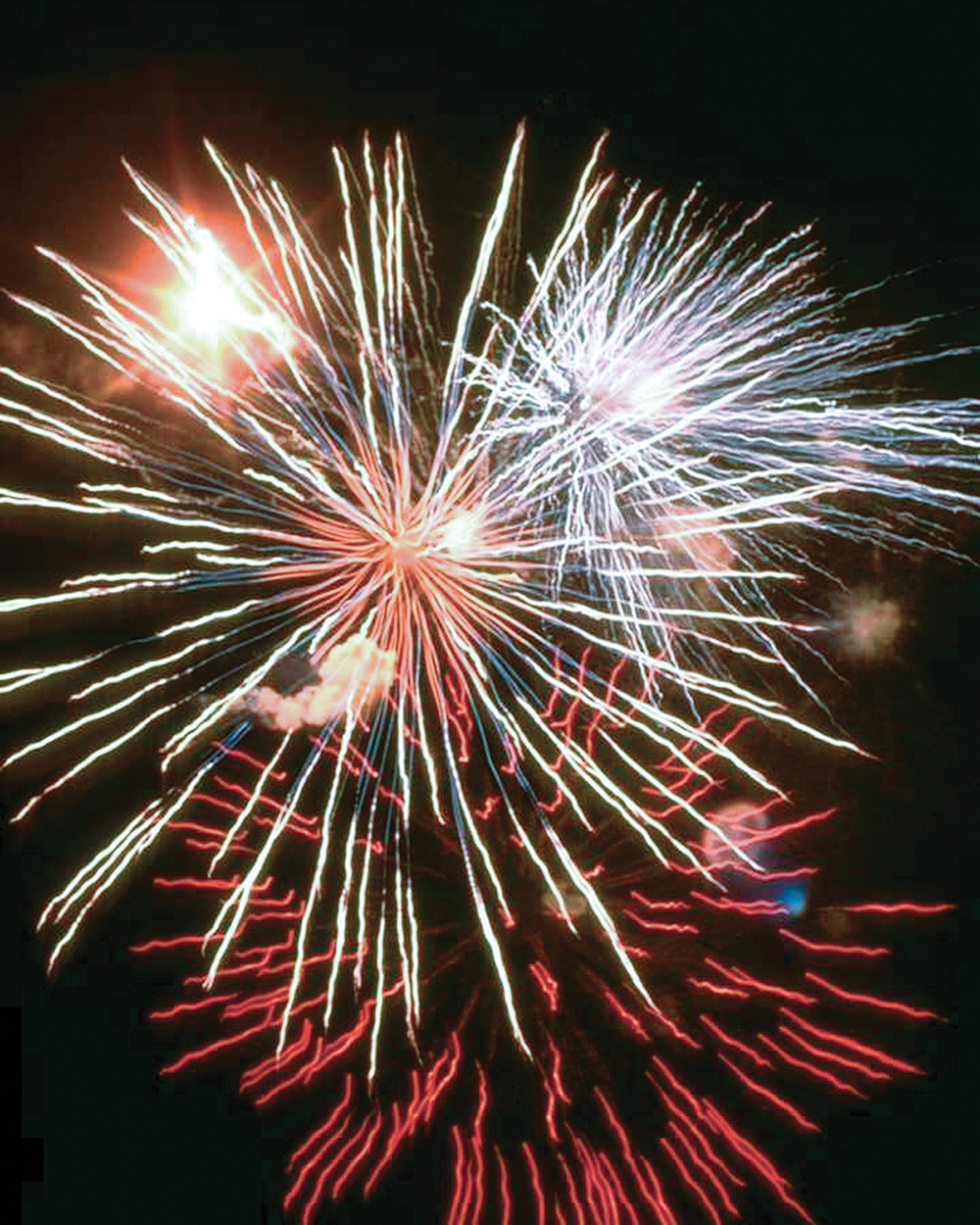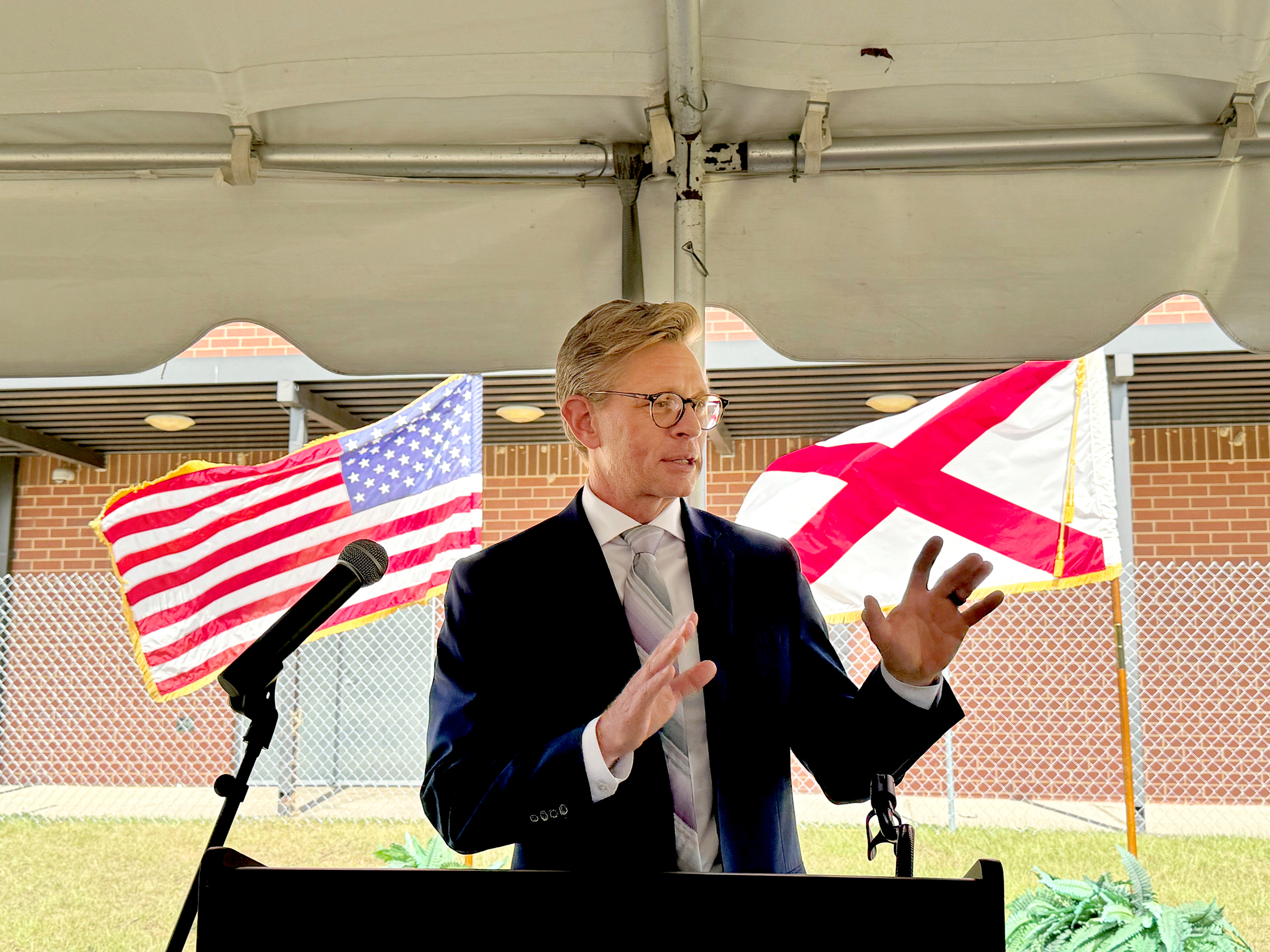 What would the Fourth of July be without cookouts, baseball games, and pyrotechnic displays in the night sky? But it’s easy to forget that fireworks are dangerous explosives, and carelessness could have deadly consequences.
What would the Fourth of July be without cookouts, baseball games, and pyrotechnic displays in the night sky? But it’s easy to forget that fireworks are dangerous explosives, and carelessness could have deadly consequences.
The U.S. Consumer Product Safety Commission (CPSC) estimates that in 2015, about 11,900 people were treated in hospital emergency rooms for injuries associated with fireworks. Children under the age of 15 accounted for 38 percent of the estimated injuries.
The federal government long ago banned sales of the most dangerous fireworks to consumers, such as cherry bombs and M-80s. But sparklers, firecrackers, and other smaller fireworks remain legal in most states. Lighting your own fireworks is generally illegal in most cities and towns, but are legal in most unincorporated areas. The level of enforcement varies from one jurisdiction to another.
There are other laws in Alabama as well: It’s illegal to explode fireworks within 600 feet of any church, hospital, public school or enclosed building, or within 200 feet of where fireworks are stored or sold.
It’s also illegal to ignite or discharge a firework inside a car, or to throw one from a moving vehicle or at a group of people.
To help make sure your holiday celebrations don’t end with a trip to the emergency room, follow these safety tips from the CPSC:
- Sparklers aren’t safe for small children. They burn at very high temperatures — up to 2,000 degrees Fahrenheit, hot enough to melt some metals — and can easily set clothes on fire.
- Ignite fireworks in a clearing, away from power lines, homes, other structures, dry leaves and grass, and other flammable materials. Never light them in any type of container.
- Keep a bucket of water handy in case of emergencies and for fireworks that fail to ignite or explode.
- Light only one firework at a time, and don’t try to relight a “dud.”
- Check instructions for storage, but generally keep fireworks in a cool, dry place.
- Do not place any part of your body directly over fireworks while you’re lighting them, and immediately move away as soon as the device is lit.
- “Homemade” fireworks kits are illegal. Never try to make your own.
- After fireworks have completely burned out, soak them with a hose before throwing them in the trash to help prevent fires.
And remember that during a drought situation, fireworks can cause fires that can spread rapidly. Have a water source handy to extinguish any small spark before it can spread. The Fourth of July is a time to celebrate, but we urge you to use caution with fireworks — and always look up for power lines before you shoot anything skyward.
Source: U.S. Consumer Product Safety Commission
Michael Kelley is director of Safety, Loss Control and regulatory compliance for the Alabama Rural Electric Association.




